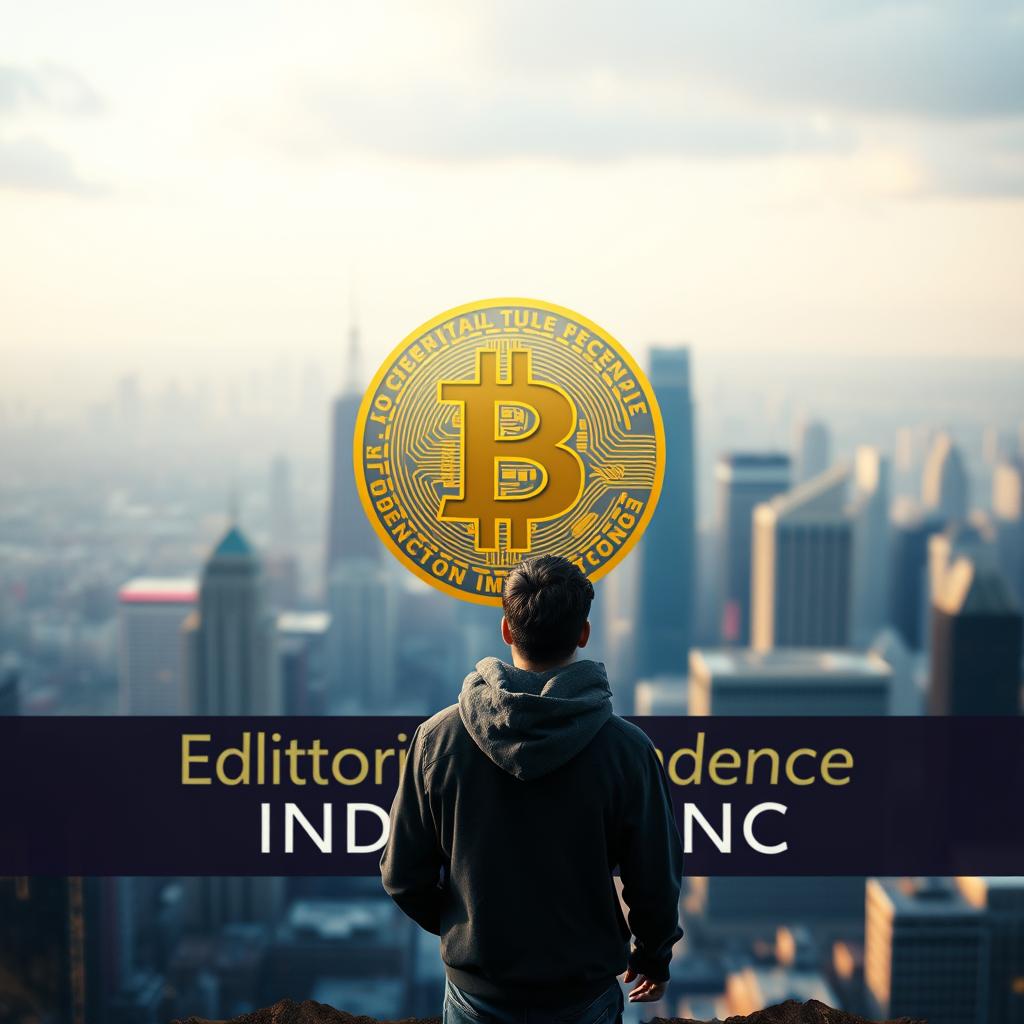Analysis of the Justin Sun and CoinDesk Controversy
The recent report about Justin Sun allegedly asking CoinDesk owners to remove an article about him eating the world’s most expensive banana has sparked controversy and raised concerns over editorial independence in the crypto media space. According to the report, Sun’s team complained to Bullish, CoinDesk’s owners, about the tone of the article, which led to Bullish demanding its removal. This incident has significant implications for the crypto industry, particularly in terms of the relationship between media outlets, their owners, and the subjects they cover.
Background and Context
The article in question, titled “I Watched Justin Sun Eat the World’s Most Expensive Banana. I Don’t Get It,” was published in late November and discussed Sun’s act of eating Maurizio Cattelan’s $6.2 million dollar banana artwork. The article also touched on Sun’s legal troubles with the U.S. Securities and Exchange Commission (SEC). The removal of the article from CoinDesk’s website, reportedly at the behest of Bullish, has been met with backlash from the editorial staff, who argue that it undermines their independence and ability to report on significant events in the crypto space.
Implications for Editorial Independence
The acquisition of CoinDesk by Bullish, a crypto exchange firm, for $75 million last year raised concerns about the potential impact on the media outlet’s editorial independence. The current controversy seems to validate these concerns, as the ownership’s alleged interference in editorial decisions could compromise CoinDesk’s ability to report objectively on the crypto industry. This is particularly problematic given that Tron, the blockchain founded by Justin Sun, is a major sponsor of CoinDesk’s conference series, Consensus. The potential for conflicts of interest and the erosion of editorial independence could have far-reaching consequences for the credibility of crypto media outlets.
Market and Industry Reactions
The reaction to this controversy from within the crypto industry and the broader media landscape will be crucial. If the trend of media outlets being pressured to remove or alter content that is unfavorable to certain individuals or entities continues, it could lead to a loss of trust in the media and undermine the integrity of the information available to the public. The fact that the article is still available on Yahoo News suggests that while the content may be suppressed on one platform, it can still be accessed through other channels, highlighting the challenges of censorship in the digital age.
Evidence and Data
- The article in question was published in late November and was titled “I Watched Justin Sun Eat the World’s Most Expensive Banana. I Don’t Get It.”
- The banana artwork eaten by Justin Sun was valued at $6.2 million.
- Bullish acquired CoinDesk for $75 million last year.
- Tron is a major sponsor of CoinDesk’s conference series, Consensus.
- Matt Murray, Chair of CoinDesk’s Editorial Committee, reportedly resigned on December 16.
Predictions and Outlook
Given the current situation, several outcomes are possible:
1. Increased Scrutiny of Crypto Media Outlets: The controversy surrounding CoinDesk and Justin Sun may lead to increased scrutiny of crypto media outlets and their ownership structures, potentially resulting in greater transparency and accountability.
2. Erosion of Trust: If the practice of removing or altering content to appease certain individuals or entities becomes more prevalent, it could erode trust in crypto media outlets and the information they provide.
3. Consolidation and Independence: In response to concerns over editorial independence, there may be a push for media outlets to maintain or regain their independence, potentially through changes in ownership structures or the establishment of new, independently funded outlets.
4. Regulatory Attention: The intersection of media, finance, and technology in the crypto space may attract more regulatory attention, particularly concerning the dissemination of information and the potential for manipulation or censorship.
The crypto industry’s response to this controversy will be telling, as it navigates the complex balance between the free flow of information, editorial independence, and the interests of its various stakeholders. As the situation unfolds, it is crucial for stakeholders to prioritize transparency, accountability, and the integrity of the information ecosystem to maintain trust and credibility in the crypto space.




